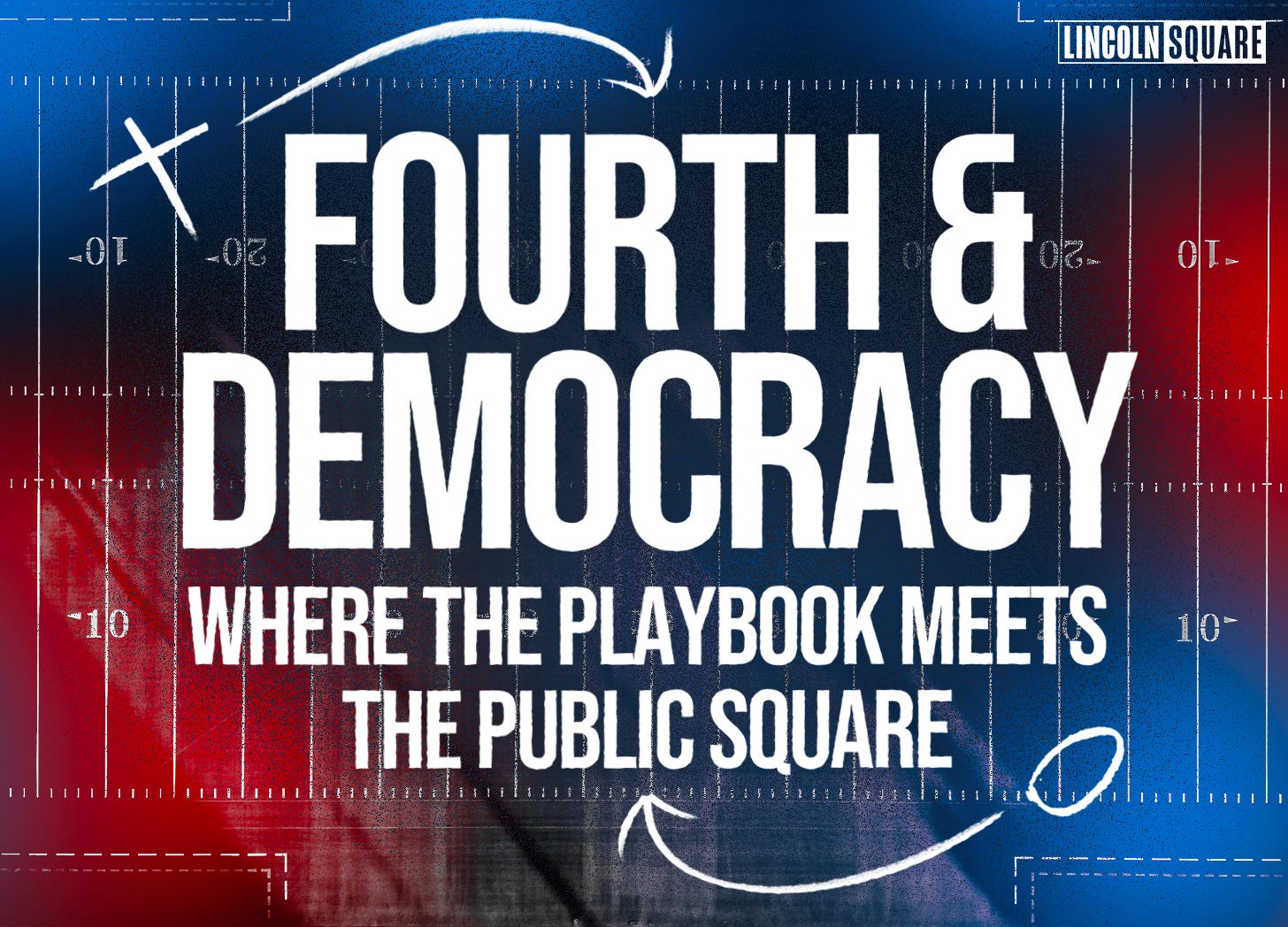Fourth & Democracy | Republicans Target Veterans, Epstein Updates & Portland Under Attack
Welcome to another Fourth & Democracy.
Pete Hegseth is calling the brass to heel as the president wages war on another American city. Republicans just pushed legislation through the House that could completely change how veterans’ disability claims are decided and managed. Trump is maneuvering to block the release of the Epstein files, even as Congress c…




